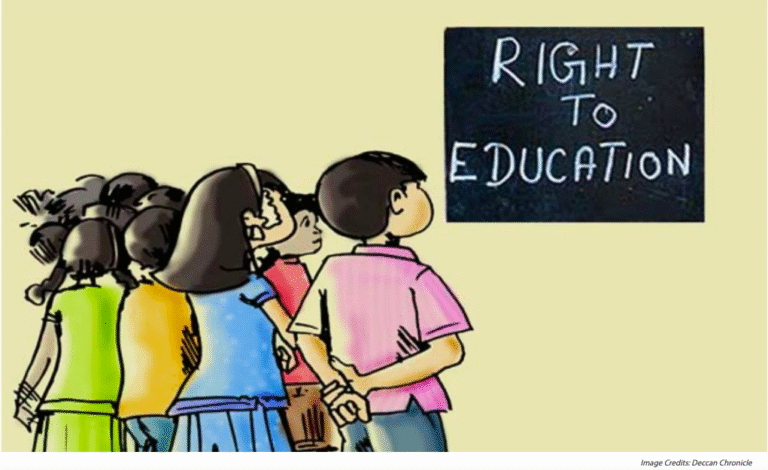
Over 1,500 students received their degrees in this format in addition to the traditional hard copy of the certificate.
How is the blockchain-based degree different from a regular digital degree certificate that a student can receive by email and share with employers and higher education institutions electronically? We explain:
Q. First, what is blockchain technology?
“Blockchain is like a ledger which stores information digitally, in a very secure way. The data is connected as blocks and exist in a distributed manner (across a network of computer systems)”, says Prof. Manish Okade, Head of the Computer & Informatics Centre (CIC) at NIT-Rourkela.
He explains that since the data is not stored in one place, nobody can tamper or hack the system.
Q. Why is this technology being used to issue educational degrees and certificates?
Blockchain technology is useful for educational institutes because it helps preserve original documents and store them digitally and securely.
“Blockchain acts as an unalterable ledger for information. Any information once entered in the blockchain, cannot be erased”, says Professor Manindra Agarwal, co-founder of the National Blockchain Project and former deputy director of IIT-Kanpur. The National Blockchain Project, started by IIT Kanpur, is funded by the National Security Council to develop e-governance solutions using blockchain technology.
The blockchain-powered documents are read-only, so no changes can be made to the original documents, even by the student. Hence, the technology provides security and permanence for certification of academic achievement.
Most importantly, this technology provides an easily verifiable version of a student’s educational degree, diploma or certificate.
Q. How does this help employers?
Verification of academic degrees and certificates can be slow. It’s easier for an employer to verify a blockchain-powered degree.
As opposed to the lengthy process of emailing the university to authenticate a degree, with blockchain technology, a One Time Password (OTP) is sent to the mobile number and email of the concerned student. Once the OTP is shared with the employer, they can access the original degree digitally.
“A procedure which would normally take three weeks, now only takes 30 seconds.”, says Okade of NIT Rourkela.
Q. How is a blockchain-anchored degree different from the educational degree or certificate available on an online platform like, say, DigiLocker?
While such platforms are helpful in securely storing digital documents, it is only meant for personal use. For employers, the verification process for degrees would not be possible in such applications.
Q. Which is the first centrally-run educational institution to award blockchain-powered degrees?
Last year, IIT-Kanpur became the first higher education institution to award degrees using this technology. Prime Minister Narendra Modi was the chief guest that IIT-Kanpur’s 54th convocation ceremony held in December 2021. This was started under the aegis of the National Blockchain Project at IIT-Kanpur, which shared the technology with NIT-Rourkela.
Q. How can NIT-Rourkela students access their blockchain-based degrees?
The degrees are available at the university’s “Digital Certificates Portal”, accessible through each student’s roll number. To download the degrees, candidates will receive an OTP on their mobile number, which will also be sent to their email id, to provide access to the secure portal containing their degrees. The degrees will also be made available to be downloaded as PDFs which would make them accessible from anywhere in the world.
Q. What are some other uses of blockchain technology?
It can be used for storing land records. In Karnataka, the National Blockchain Project is trying to digitize land and property records. Only the buyer and seller would have access to the document. “It is like a virtual handshake”, says Professor Okade.
“This technology will greatly reduce scams and financial frauds. Wherever any authentication is required this can be used,” he adds.



